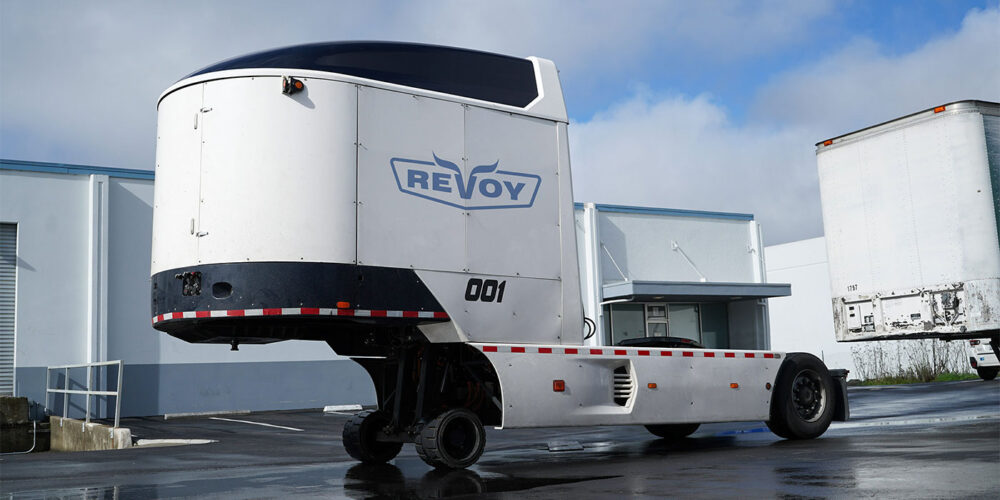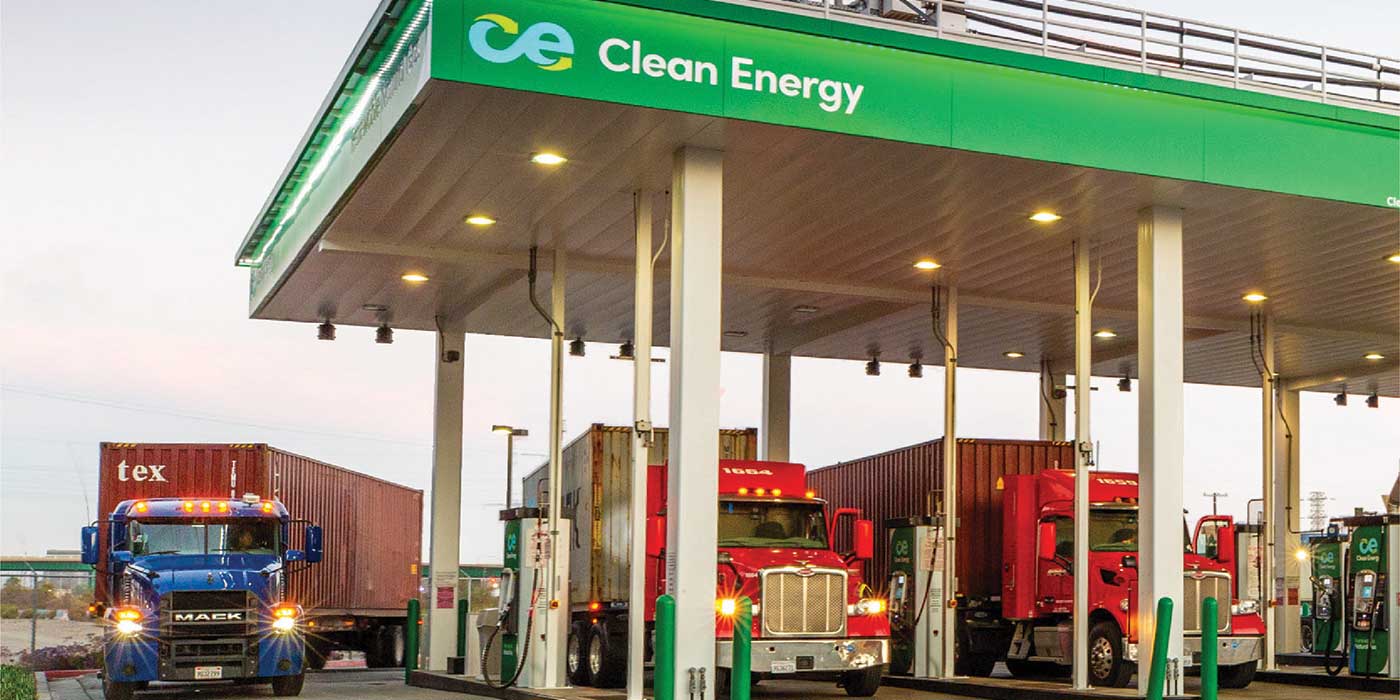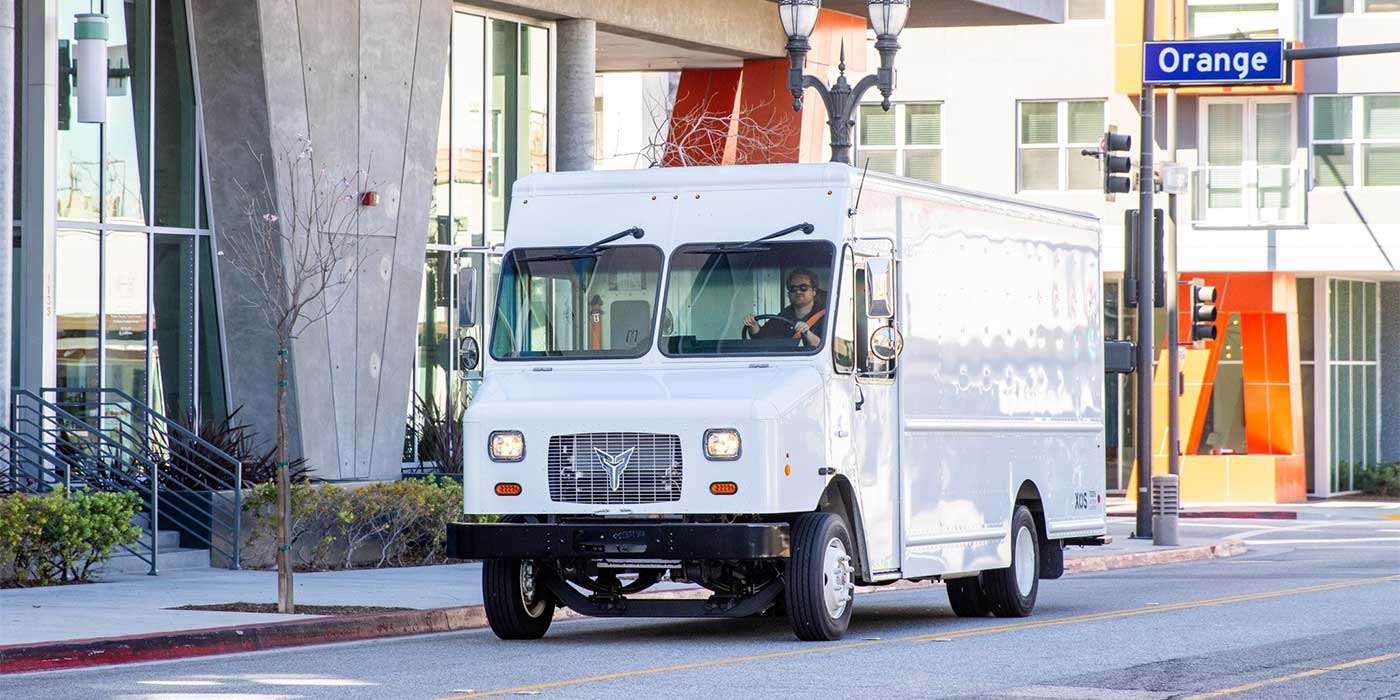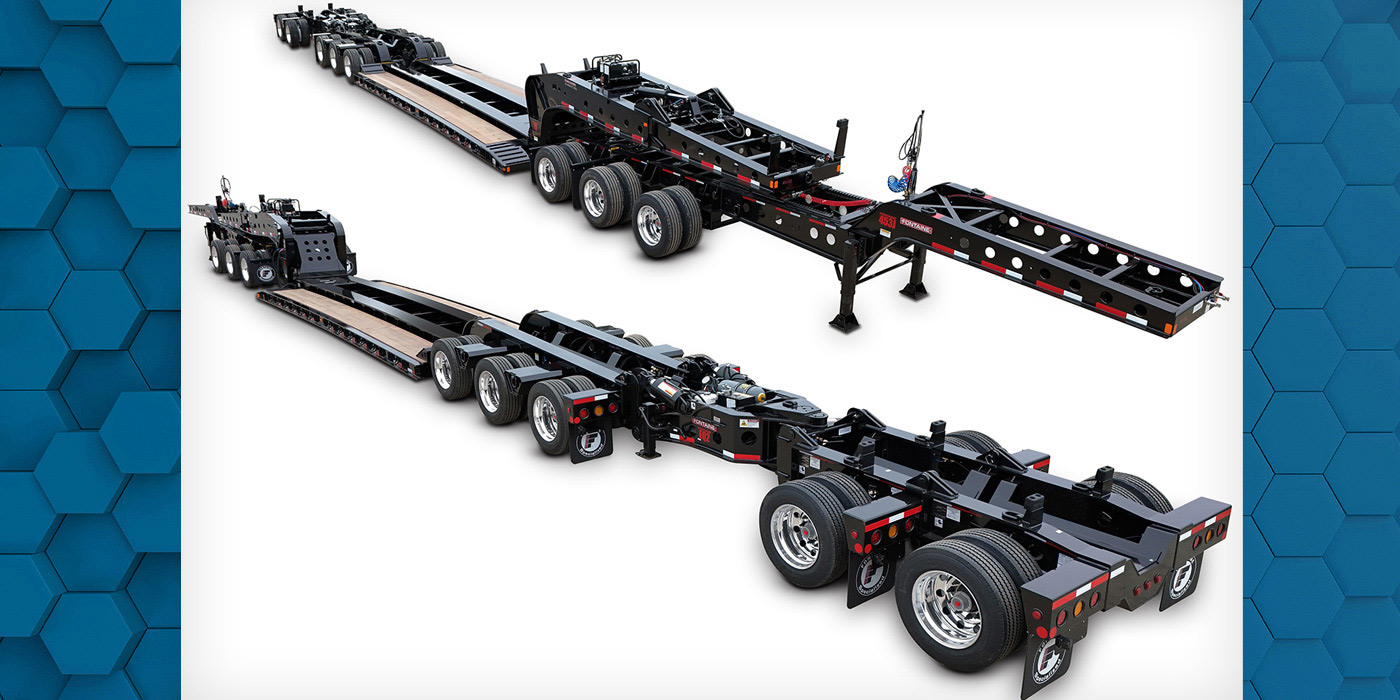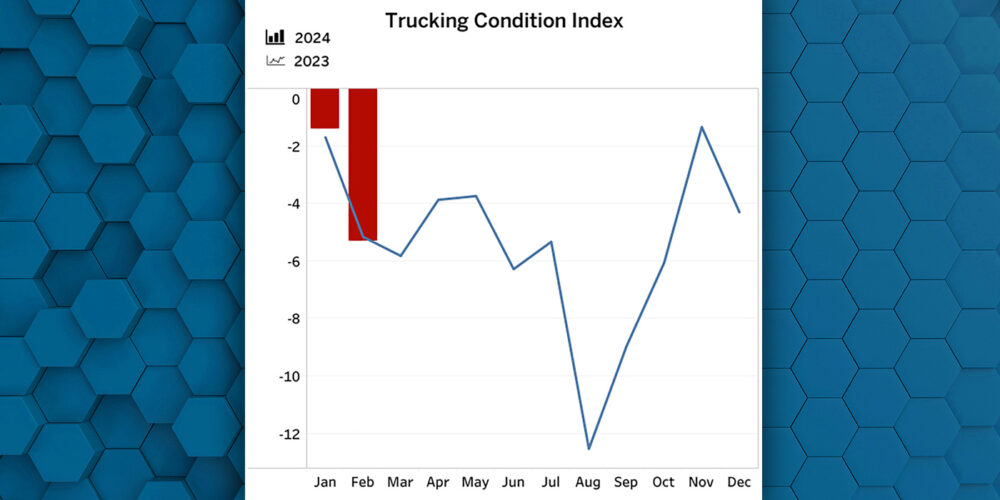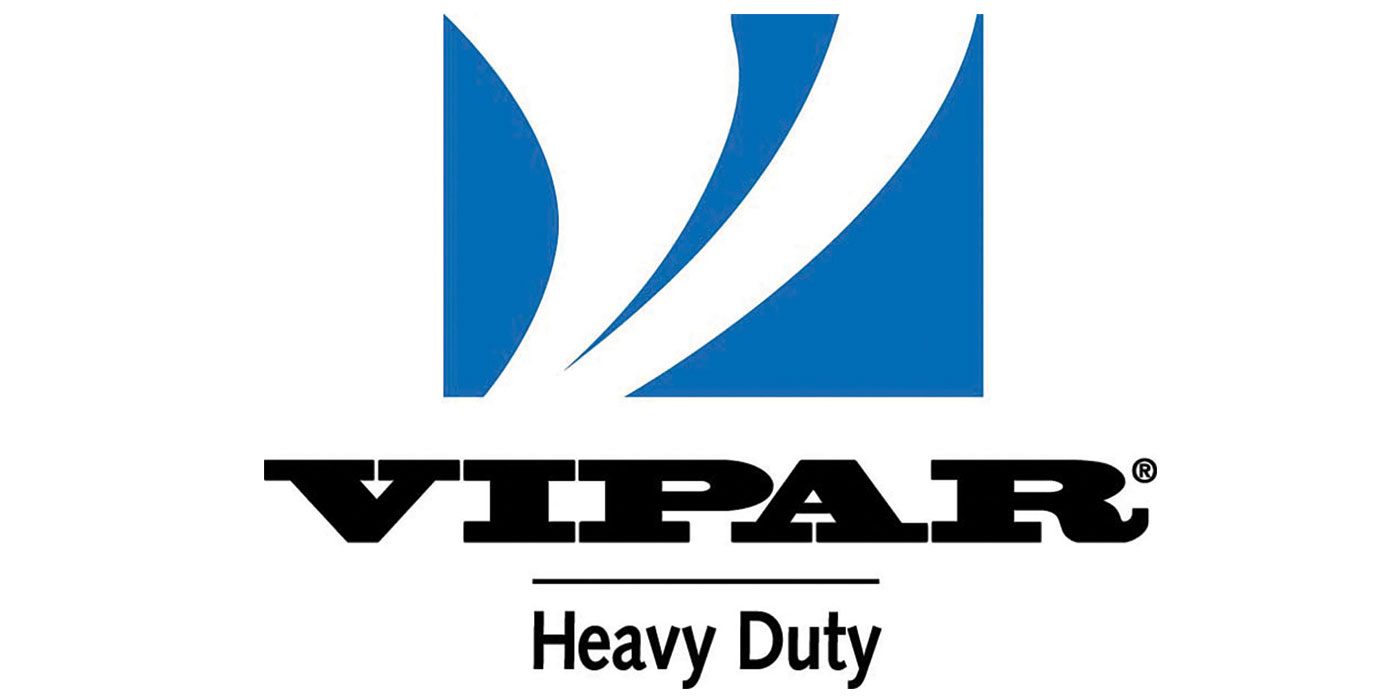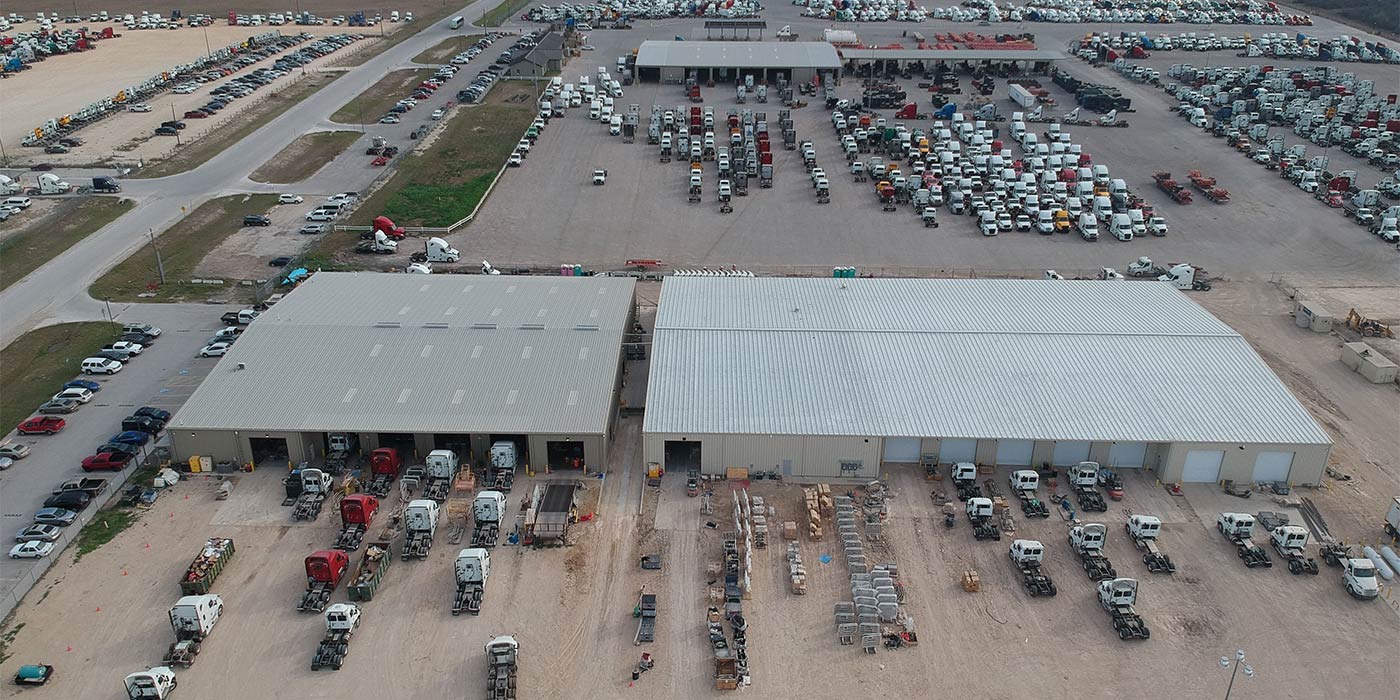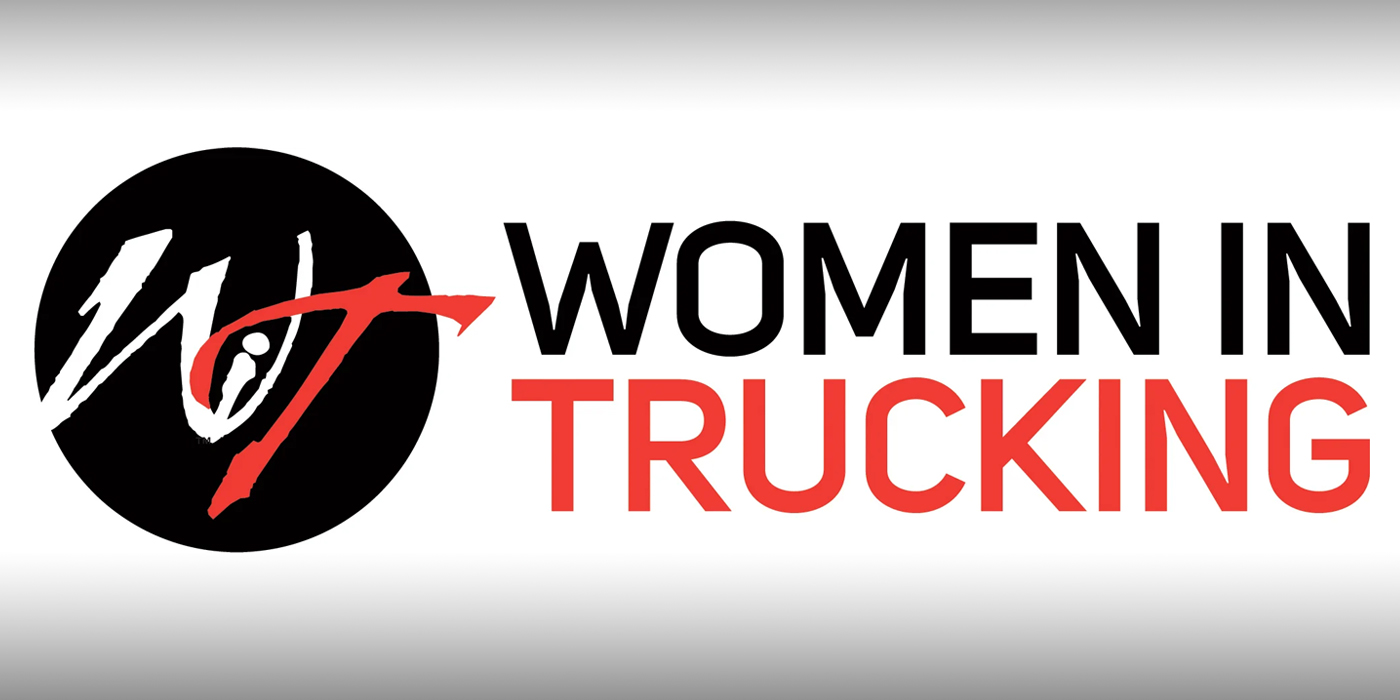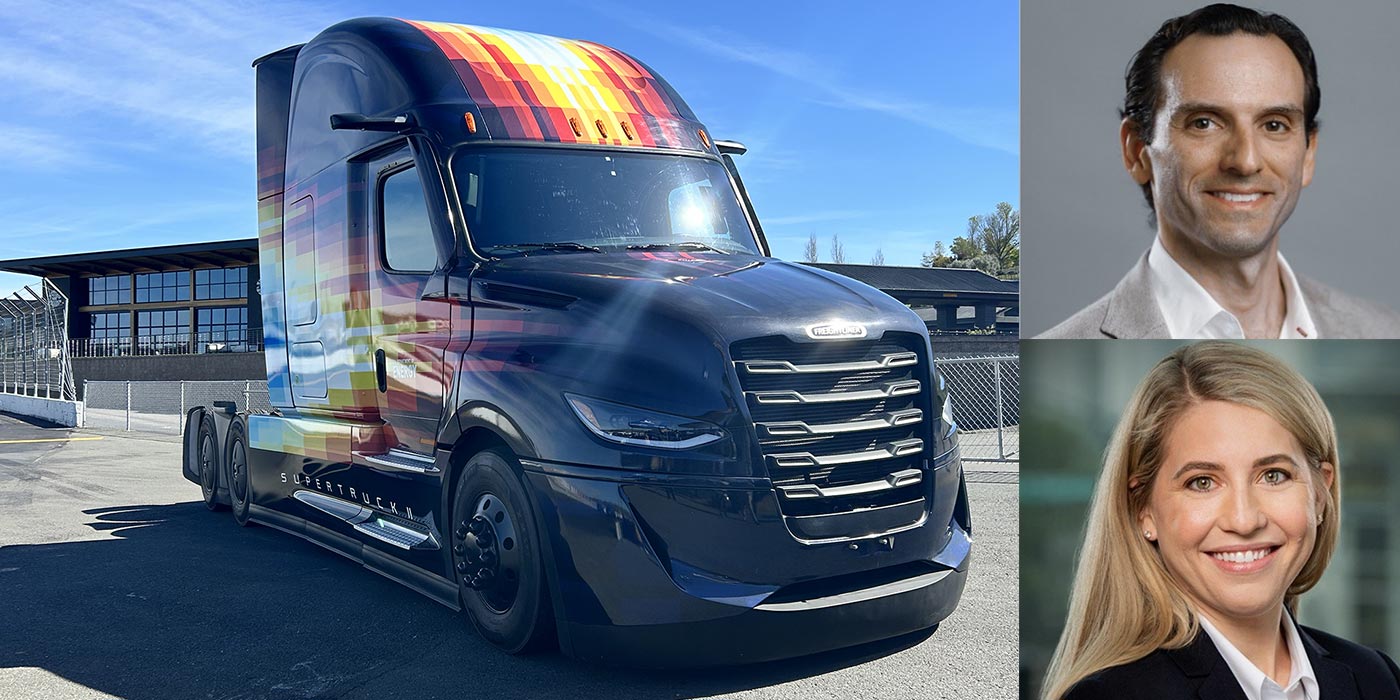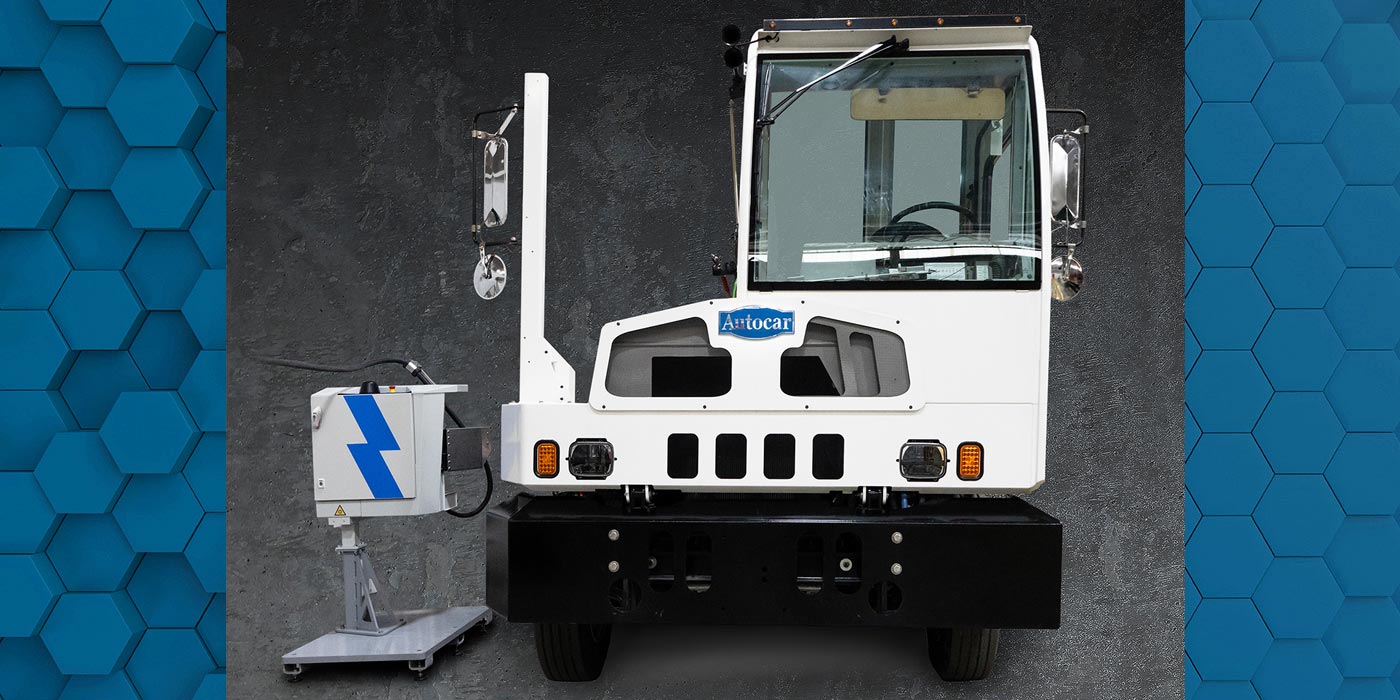Revoy announced the launch of the Revoy EV, an add-on for fleets that enables diesel tractors to convert into hybrids or full EVs, without alterations to trucks or trailers. Revoy says that its technology improves fuel efficiency from 6-8 MPG to 20-35 MPG, representing a 70-90% reduction in emissions. The company adds that adding a Revoy EV to a tractor enables fleets to save thousands of dollars in fuel per truck annually, inclusive of Revoy fees.
“Trucking contributes 6.7% of all greenhouse gas emissions in the US. The current approach of wholly replacing diesel engines with batteries and electric motors is too abrupt of a transition for such a critical and underappreciated part of our economy,” said Ian Rust, chief executive officer and founder of Revoy. “EV tractors are more expensive to purchase and recharge compared to diesel, and no driver can spare the time to stop and charge for hours. Luxury passenger vehicles are not engineered to generate ROI and depreciate quickly. Making commercial vehicles the same way poses a risk to any fleet that adopts them. Revoy has engineered an electric commercial vehicle that is built as an asset first. The entire vehicle is swappable in under five minutes, so no waiting on a charge, and can operate on any trucker’s existing vehicle with no modifications.”
The Revoy EV attaches to the fifth wheel of a truck and trailer and powers the rig with an electric drivetrain and a 525 kWh LFP battery pack, which Revoy says allows truckers to drive up to 235 miles on electric power. Additionally, all of the infrastructure, charging and installation is handled by Revoy employees at swap stations.

